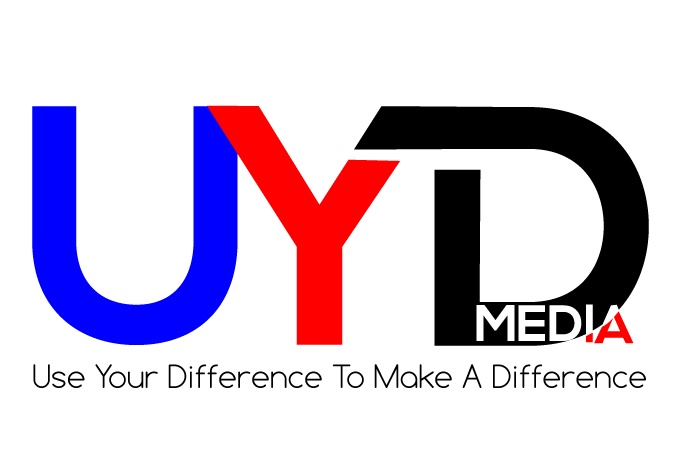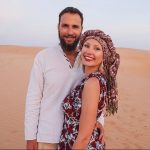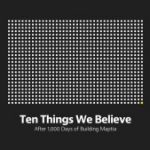Can you tell us about your background?
I am a clinical psychologist and I work supporting Spanish-speaking expats and migrants worldwide, thanks to technology. This started in a quite weird way. I live in Argentina and there was an important economic crisis back then in 2001. I already had my private practice working and some patients decided to migrate and asked me to continue with their sessions. With the first patient, I was slightly skeptical about the outcome: there was no Skype back then and I couldn’t imagine how we could reproduce the onsite sessions. Still, I knew it was very important for the treatment, so I did it. We tried MSN and it was impossible. Finally, we were able to have phone sessions. At that time, this kind of sessions was something rather new and I came from a highly academic environment, so I felt a little uncomfortable about it. However, I was able to see the positive results, so when the second patient asked me the same, I accepted, again, to give it a try. After many experiences, I realized that I was able to recreate something quite similar to the onsite sessions. And in the last few years, with so many technological tools available, I have even worked for a company where the video consultations are encrypted and approved by the French government.
What is your goal with your work?
I have many goals with my work. One, pretty obvious, is to make it possible for people living outside their passport country to have access to a psychologist in their mother tongue, since having an interpreter at a counseling session would be a little uncomfortable. Another goal is to ease transitions: to help expats, spouses and children (through their parents) have better transitions; to identify what they are going through and provide them with tools to improve their daily lives.
I have also created a Spanish blog. As most tools and resources are only in English, I wanted the Spanish-speaking community to be able to have access to them as well.
For someone looking to get into a career like yours, what would you say to him/her
It is a wonderful career. You get to help others and see how they solve their issues, develop their strengths and grow. You get to see how they change their lives. I think it is a wonderful job. I would say that it is important to learn all the different theories, not just the ones you agree with. It helps you widen your views and that is always positive.
How have resolved that feeling of home?
Mm, I am not sure if I can say it is resolved. I think that, once you have started to live outside your country, that feeling gets changed. Your feeling of home is different from that of someone who has lived in the same place their entire life. I can relate to what is shared by many TCKs on that special feeling that airports have, kind of “Here is the only place where we are all the same in terms of belonging”. I think Pico says it beautifully: “Home is where the heart is”. I think my home is in many places at the same time. I hope it makes sense for you. I am sure it does.
My mission statement is “use your difference to make a difference” and that is something I try to live by everyday. What is one way you use your difference to make a difference
I think that my job is exactly my way to make a difference. When I started to work with people that were going through transitions, with people living outside their countries, TCKs and ATCKs, suddenly everything made sense: my expat life, my career as a clinical psychologist, my interest in learning different cultures and religions, and all the research on the topic that I have read and conducted. All this helps me help others who are undergoing the transition process or who need support with some aspect of their lives. And being knowledgeable about all that makes a huge difference in what I am able to listen, so to speak. I can see everyday how I am making a difference in people’s lives and that is why I am so thankful for my profession.
Here at UYD Mag we like to discover new ways to embrace our identity. Can you talk about a time when you overcame a challenge by accepting who you are and embracing your global identity
It was when I embraced my global identity that all this became so clear to me. I had doubts about creating a website to share my work and about writing a blog, and when I accepted who I was, I found the strength to do so. But the response has been so overwhelming, so wonderful. I know now how I am touching people’s lives and this is amazing.
What piece of advice would you give your younger self
To read Third Culture Kids: Growing Up Among Worlds by Ruth Van Reken and David Pollock earlier.
Where can we find out more about you and what are you up to
Most of my work is in Spanish. My website is www.expatpsi.com. I also have a blog, a fanpage and my twitter is @paulavexlir
Also you can read my articles in Expatriates Magazine or in the blog of Families in Global Transition.
I am planning a series of workshops/webinars for 2015 apart from continuing with my private practice and blogging. And some others surprises that I hope I will be able to announce soon!




